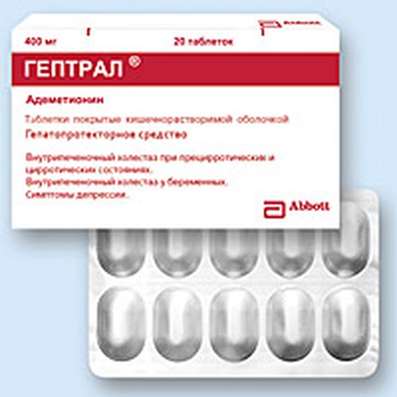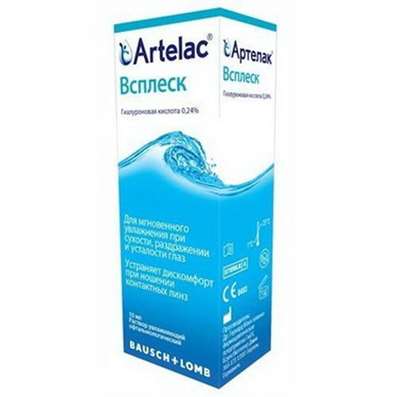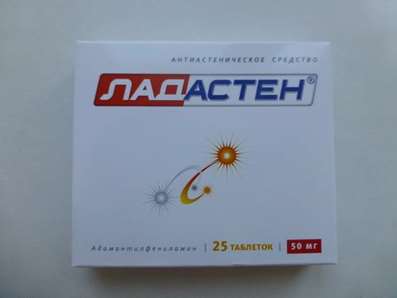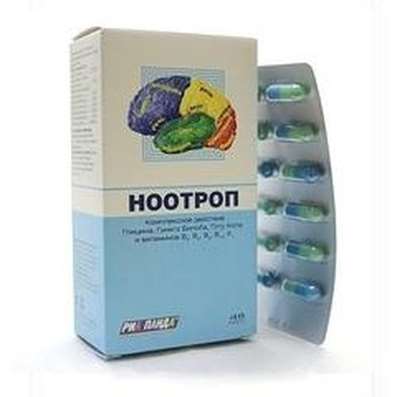5 books about the Therapeutic Cardiology
25 Oct 2016
What to read about the treatment of heart disease, a cardiologist Dr. Doping recommends. Serious medical publications - is not the most easy to read, but we hope that their selection will be useful to the future or have already practicing physicians.
1.Braunwald's Heart Disease: A Textbook of Cardiovascular Medicine (9 edition: Saunders, 2011).
The book, the first edition of which was issued under the editorship of the legendary Eugene Braunwald, one of the best cardiologists of our time, from the first pages captures the attention of both students and held cardiologists. Each chapter is devoted to a particular section of Cardiology (and there are more than 30 lit), written by the best international experts. And despite the impressive, comparable to the Bible, the amount of text, you will not find there any "extra" offers. Unlike magazine articles, the authors allow themselves to write "from the heart", guided by not only the data of recent randomized trials, but also to their own experience, in connection with what you can find in the text description little-known but widely used drugs, as well as "highlights "allowing" see through "a difficult diagnosis and find a way to" unusual "patients. An interesting feature of the textbook is that in the latest editions omitted or presented in an abbreviated form chapters traditionally interesting domestic doctors. For example, physical examination methods more fully disclosed in publications 6 and 7. The book is required reading for all cardiologists, it in no case can not substitute for a textbook Harrison, who wrote and edited Braunwald and presents cardiology in simplified form sufficient for physicians and other specialties.
2.Molecular Basis of Cardiovascular Disease: A Companion to Braunwald's Heart Disease (2nd edition: Saunders, 2003).
Problems at the junction of molecular biology, pharmacology and cardiology. The publication is richly illustrated, which facilitate the perception of a dense fabric of the text. Unlike leading magazine articles in which authors often try to hide their "know-how" or failure of competing research groups, the book sheds light on these "failures" of research and suggest ways to solve specific scientific problems, including facing scientists involved in the creation of new medicines. When reading this book, an image is formed cardiology tomorrow - targeted, focused on the widespread use of molecular diagnostics and metabolomics. In the process of reading a book to your eyes will be opened a new understanding of the clinical studies in recent years, especially failure: those who should not have to carry out due to lack of sufficiency of the molecular basis for the effectiveness of therapy (eg statins in the treatment of chronic heart failure and sartans - treatment myocardial infarction).
3.Preventive Cardiology: Insights Into the Prevention and Treatment of Cardiovascular Disease (2nd edition: Humana Press, 2006).
The book contains almost all modern approaches to prevention of heart disease at different stages, from primary prevention in "healthy" individuals to prevent ruptures of unstable atherosclerotic plaques. The book is particularly interesting due to harsh criticism of the majority of clinical trials actively promoted drugs today. Thus, for example, discussed in detail important in a practical manner to limit the use of "aggressive" antihypertensive therapy and the use of statins in the prevention of stroke. Unlike many similar books, the book is written very easily, perhaps because of her participation in the creation of a series editor Chris Cannon, famous for the ability to speak simply about very difficult things and skillfully sidestep questions of conflict of interest.
I, as cardiologist, strongly recommend use Meldonium, Asparcam.
4.Votchal Essays on Clinical Pharmacology (State Publishing House of Medical Literature, 1965 and others.).
Although the book is devoted to clinical pharmacology, it is based primarily on the extensive experience in the treatment of cardiac patients. Votchal masterfully describes the dynamics of the clinical picture of heart disease on the background of "aggressive" pharmacotherapy schemes adopted in the mid-twentieth century, paying attention both to the success of false evidence, and the subtle early signs that the disease begins to recede under the influence of treatment. Votchal was the first who showed how the bedside unfolds clinical approach to pharmacotherapy, based on scientific studies of these alloys and their own experience. Only in recent years to see the imperfection of a number of methods "evidence-based medicine", the medical community gradually began to return to such approaches Clinical Pharmacology, which are designated in Western literature as a tailored treatment.
For starters, doctors particularly interesting aspect is the diversity of presentation by the author of the treatment process, opens with the correct choice of treatment strategy with the involvement of the patient in the decision making process when the psychological and ethical issues come to the forefront.
Unfortunately, this monograph was one of the last books on domestic cardio-pharmacology not inferior to Western contemporaries on information content, quality of presentation and an abundance of original scientific approaches.
5.Gabriel Khan M. Cardiac Drug Therapy (7th edition: Humana Press, 2007).
The main advantage of the book - crystal clarity of presentation and filing it in the form in which it is most useful to practitioners. He described in detail the "alchemy" of pharmacotherapy of heart disease: the subtleties dose titration regimens multicomponent, balancing the "efficacy and safety."
When writing text Gabriel Khan harbored false hopes that conservative doctors will actively use the new high-performance, but the "complicated" in the practical application of treatment methods (such as the use of high doses of ACE inhibitors in heart failure, and beta-blockers in coronary artery disease). Therefore, the author constantly focuses on the "pain" points cardio-pharmacology - the most common erroneous appointments and outdated approaches. Frequent side effect of reading a book is a disappointment of knowing how often our colleagues prescribe suboptimal treatment, succumbing to pressure pharm companies, outdated data or unsubstantiated fears about insecurity adopted abroad of treatment.

 Cart
Cart





